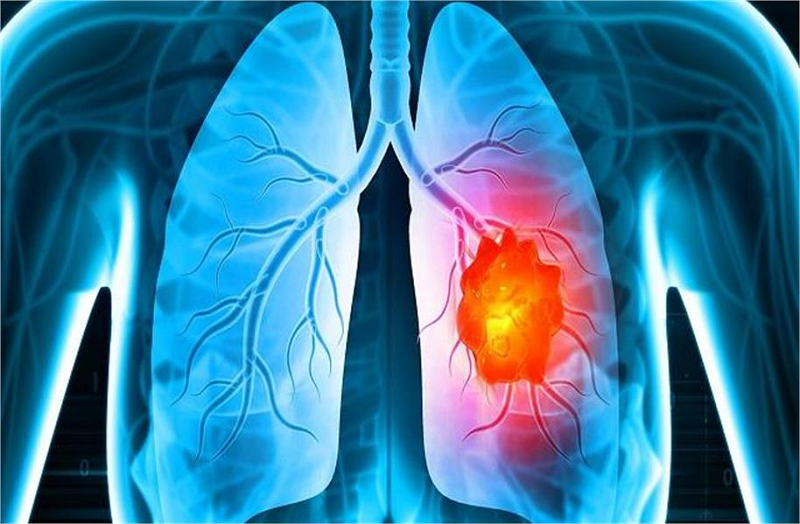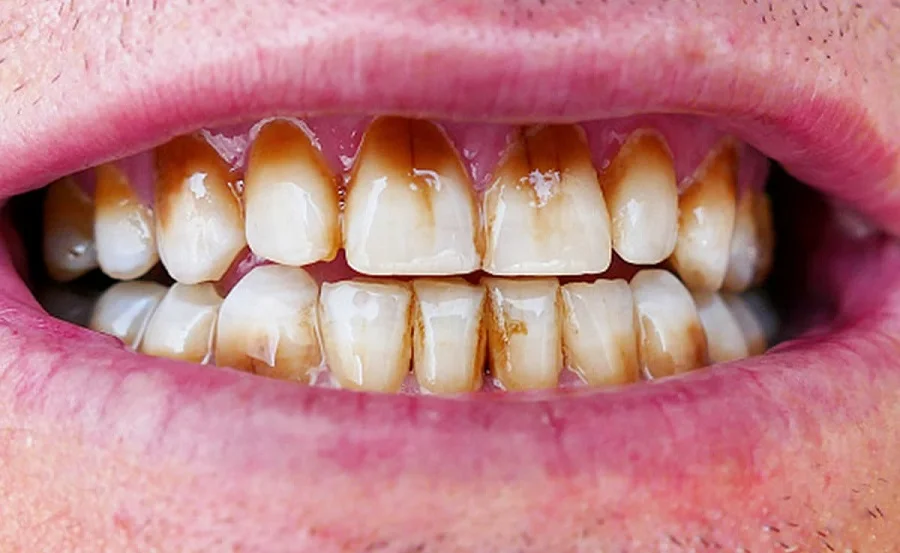Cancer Alert: Lung cancer is spreading rapidly, do not ignore these symptoms, it can lead to death!
- byManasavi
- 31 Mar, 2025

In today's time, lung cancer has become one of the rapidly spreading diseases in the world. This disease often takes a fatal form due to ignoring the early symptoms, it can even lead to death. This serious disease can be avoided by timely identification and proper treatment. Let us know its major symptoms, causes and preventive measures.
Major symptoms of lung cancer
Lung cancer develops slowly and by the time its symptoms are clearly visible, it has reached a dangerous level. Therefore, if you are feeling the below symptoms, contact the doctor immediately:
Persistent cough - If your cough persists for more than three weeks and is not getting cured even with medicines, do not take it lightly.
Blood in cough - If there is blood along with mucus while coughing, it can be a serious sign.
Difficulty in breathing - Feeling breathless for no reason or feeling tired even after mild activity indicates a lung problem.
Chest pain - Persistent chest pain and this pain increases with coughing or deep breathing can be worrying.
Sudden weight loss - Weight loss without any apparent reason can be a major symptom of cancer.
Change in voice - If your voice has become heavy or hoarse and is not getting better for a long time, it can be a warning sign.
Bone pain - If lung cancer has spread to other parts of the body, it can cause bone pain.
Loss of appetite - Decreased desire to eat and feeling weak in the body are also included in its symptoms.
Main causes of lung cancer
Smoking is considered to be the main cause of lung cancer, but apart from this there are many other reasons which promote this disease.
Smoking - Smoking is considered to be the main cause of lung cancer in more than 85% of cases. Nicotine and other toxic chemicals present in cigarettes damage lung cells.
Environmental pollution - Continuous exposure to air pollution, industrial smoke and toxic gases can damage the lungs.
Radon gas - This gas naturally comes out of soil and rocks and may be present in homes. Long-term exposure to it increases the risk of cancer.
Genetic reasons - If someone in the family has previously had lung cancer, then the chances of getting it may increase.
Asbestos and other chemicals - Exposure to asbestos, arsenic and other harmful chemicals can also cause lung cancer.
Unhealthy lifestyle - Lack of exercise, unbalanced diet and excessive consumption of alcohol can also increase the risk of cancer.
How to prevent?
By taking some important measures to avoid lung cancer, the risk of this disease can be reduced.
Quit smoking - If you smoke, quit it immediately. This is the biggest cause of lung cancer.
Eat a healthy diet - Include fruits, vegetables and antioxidant-rich diet in your diet.
Avoid air pollution - Avoid going into polluted air and use an air purifier to maintain clean air indoors.
Exercise regularly - 30 minutes of exercise daily keeps the lungs healthy.
Get radon gas checked - If you live in an area where the level of radon gas is high, get the house checked.
Wear a mask - If you work in polluted areas, protect the lungs by wearing a mask.
Get regular health checkups - If you are considered to be in the high-risk group, get regular health checkups.
How to know if you have lung cancer?
Doctors do several types of tests to detect lung cancer:
CT Scan - It helps in showing the condition of the lungs in detail.
X-Ray - It is done to detect any abnormality in the lungs.
Biopsy - A tissue sample is taken to examine suspicious cells.
Sputum Test - The presence of cancer cells is checked by testing the sputum.






